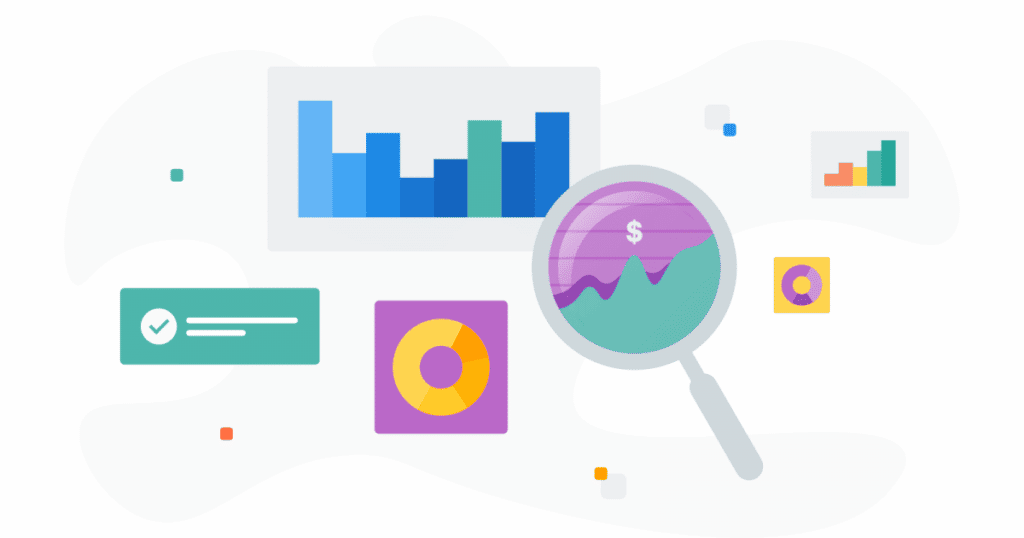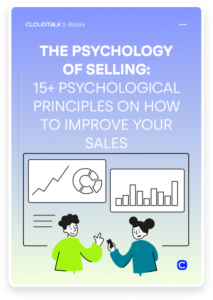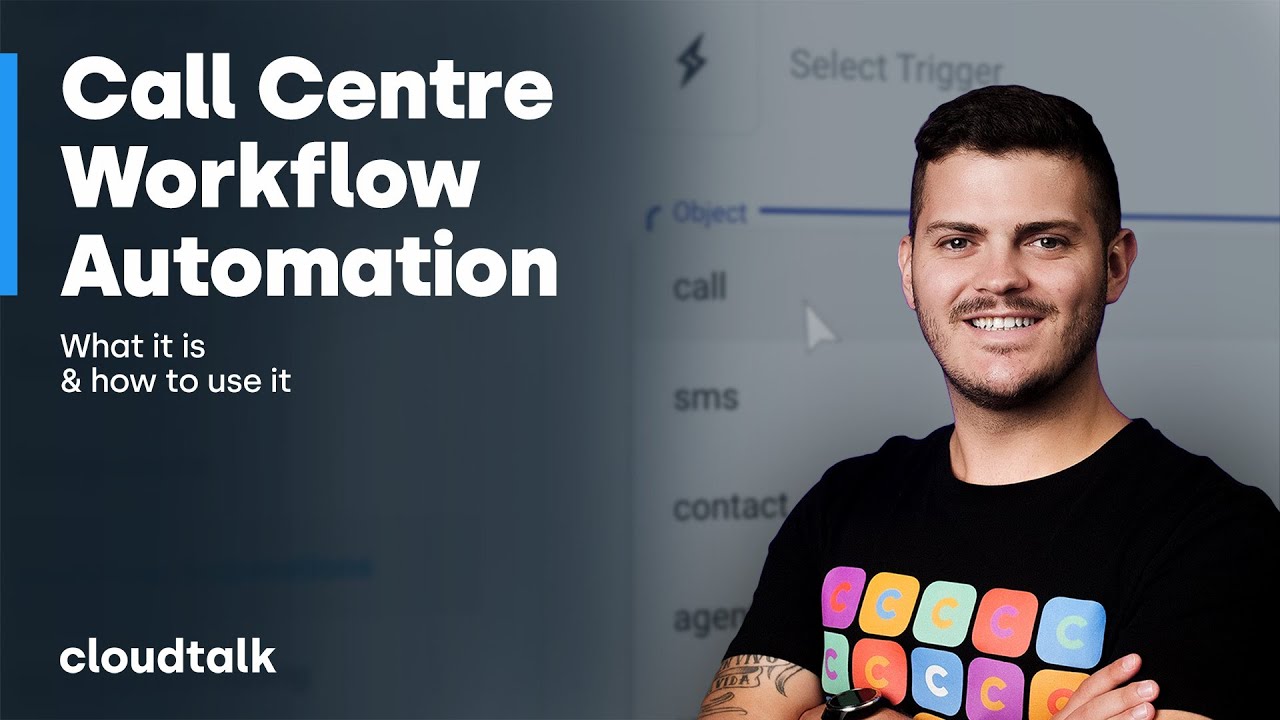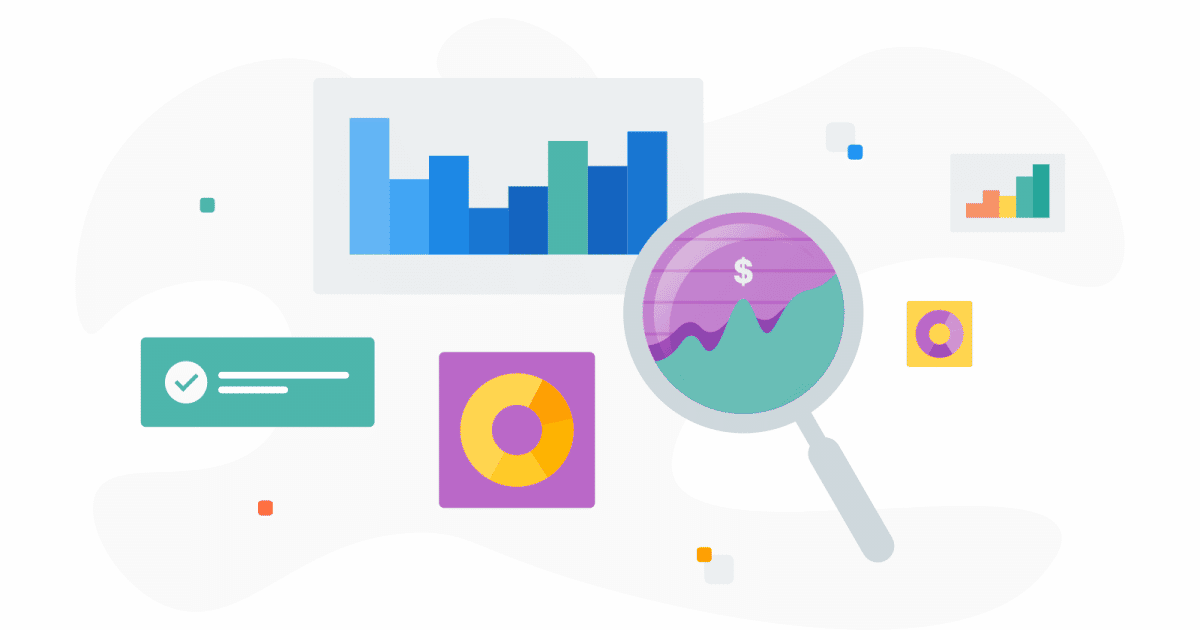What is a Deal Desk & How Does It Help Your Sales Flow

The B2B industry is getting more and more complex. Intense negotiations with many stakeholders at once may become overwhelming. But as a sales leader, your aim is to make your team as productive as possible to increase revenues.
Since some deals are just too important to lose, they may require more than just a single department. A deal desk can significantly boost your efficiency, resulting in faster lead acquisition. To find out what exactly a deal desk is and how it can improve the performance of your business, continue reading.
What Is a Deal Desk?
From a historical perspective, the concept of a deal desk was created by brokerage firms as a way to avoid long bureaucratic processes and review important deals as quickly as possible. But as years passed, it became a bit more complex.
Know your customers to improve sales

Currently, the deal desk is a cross-functional team of professionals from different departments that meets on regular bases. Who is involved in the deal desk differs from business to business, yet most often, it consists of the most knowledgeable stakeholders from sales, finance, legal, product, marketing, customer success, and support teams.
It has a main, extremely important role – to evaluate the relevance of complex deals and ensure that they sail through the pipeline and get signed. In short, the deal desk focuses on large clients who are too important to lose. The team increases win rates, shortens sales cycles, and can optimize corporate profitability.
Here are 3 main objectives of a well-established deal desk:
- Creating, structuring, and executing deals
- Providing knowledge across different teams
- Increasing sales productivity by 15 to 20 %
Roles of Key Deal Desk Teams:
Sales representatives: Your sales team disposes of the most important deal desk aspect – large deals they are working on. They should do their research and present which potential clients are a good fit and why.
Marketing: This team has market insights and lead data on its hands. It means that the marketing team holds a golden knowledge of what leads’ pains and needs are.
Product: These representatives bring information on when a customer requests new features and or products. They help to create a realistic roadmap that assures your business will not promise to fulfill customers’ needs beyond your current plan’s capabilities.
Customer success and support: These teams should prevent the deal desk from choosing clients who are not a good fit for your business – by providing important insights from tools such as customer databases, call history or call recordings. A poor client fit means more need for customizations and, potentially, more complaints than satisfaction.
Deal Desk for Sales Efficiency
If implemented successfully, deal desks reduce sales cycle times by up to 25 to 40 %. Sales reps receive quotes faster, which leads to attaining more commission.
Here are 3 key points on how the deal desk team boosts your efficiency.
#1 Makes Complex Deals Simpler
Sales reps, especially in companies with a wide range of products, know how confusing it may be to stay in touch with ever-changing features, pricing structures, and approved discounts. They also spend a significant amount of time finding and maximizing upsell and cross-sell opportunities. This can be especially inefficient while working on complex deals. Consequently, before you manage to notice, a potential big client slips out of your hands.
A deal desk can prevent this from happening – by creating and maintaining up-to-date customer databases and detailed product portfolios. It helps to facilitate your teams through the deal-creation process. Basically, you have everything in one place – contacts, discounts, features, pricing models, and all recent changes.
By making and updating product documentation, you make the sales team’s life significantly easier. Instead of manually searching for each aspect they seek, magnifying the chance of potential mistakes or outdated information, you let them focus solely on what they do best. Closing deals.
Let’s look at an example. Say that you are a SaaS salesperson who has an important deal with a company on the table. You need to close it fast before you lose the opportunity.
With deal desk documentation, you have structured insights that prevent any bottlenecks in the process. It leads you through how exactly to negotiate the deal, how to use a proper pricing model, what kind of discounts you can offer, what product knowledge you can bring to the deal, and how to approach it from a legal point of view.
#2 Supports Faster Business Growth
Some companies still struggle with how to use the deal desk beyond its most crucial purpose of simply closing complex deals. Yet the deal desk teams’ role is not only helping the sales department gain important customers. It should as well serve as an inspiration for the constant growth and efficiency of the entire organization. Deal desk creates a home base for sales leaders to keep track of their team and establish long-term business goals in a shorter time.
Best-performing deal desks can help your business to achieve its key insights from sales analytics and create metrics for service-level expectations. That leads to long-lasting, more profitable customer relationships, which maximizes sales efficiency, as well as the value of sales analytics. A deal desk may as well help with maintaining profitable pricing and handling customized features.
Our Client Success Story: Grow Your Business Like Revolut
In this section, we were discussing efficient business growth. Our Revolut use case is a great practical example of how customized features and sales analytics data can help companies to achieve greater customer relationships and maximize sales efficiency.
When the company went global, Revolut needed to rapidly expand its team. Due to that, they built up their Sales Development Representatives department from scratch to more than 500 members. In just 18 months.
What was even more challenging, since Revolut has been growing further, the company needed a smooth approach to new markets and a target audiences that may not know them yet. To achieve this, they had to ensure that their sales team can access all possible insights, such as win/loss analysis, campaigns, and data lists.
Our CloudTalk features, such as callback, voicemail drop, personalized greetings, or real-time customer card, helped Revolut to gain control over their calling operations. Each aspect of the sales team’s work can now be monitored and tracked for better performance.
This way, Revolut improved its efficiency by reducing its sales operations by 40 hours per month. In only 3 months, they were able to make almost 87 000 inbound and outbound calls. Revolut’s employees also spent around 113 000 minutes talking with clients and gained 93 phone numbers.
#3 Helps to Determine a Clear Agenda
Your business should have its own agenda. A clear picture of what you are currently seeking and which direction you want to move forward. A lack of clarity in long-term goals can lead to chaos that jeopardizes the success of your company. It may result in inquiring about deals that, from a wider point of view, don’t push you further.
Sure, all sales are valuable, but many fast-growing companies have a tendency to close any deal that seems winnable. Even though it doesn’t have to be necessarily the right fit for your business.
The deal desk helps to maintain order and clarity in what your agenda is and where you wish to proceed. It may determine which deals are a good choice for your current position and future growth and which are, in opposition, too small, low maintenance, or unprofitable.
Some VIP clients whom you see as a huge opportunity may have needs that go beyond your current product’s capabilities. Some clients, on the contrary, can seem irrelevant at a moment yet may expand in the future.
Therefore, what seems like a low profit now can one day be a big deal. And what seems like a big deal now can actually lead you toward failure.
An insightful deal desk can increase corporate profitability by 5 to 10 %. And seeing your company’s agenda with clarity and structure makes you move towards profitable deals. It makes you grow instead of slowing you down due to uneducated choices.
Main Deal Desk Metrics to Measure its Efficiency
How do you measure the efficiency of your deal desk? Here are three important metrics that will show you whether you run a productive team.
- Profit: It tells you if the insights that deal desk stakeholders put together actually pay off. In case the complex deals your team is closing aren’t profitable enough, you need to reevaluate their strategy.
- Deal Size: As we established, the main purpose of the deal desk is closing deals that are of significant importance to your business. If you see that deals closed by your team aren’t as impactful as you expected, you know there is space for improvement.
- Win Rate: Don’t forget to check the most important aspect: Whether your deal desk is winning the customer’s trust in every case possible, getting a desired amount of deals signed. Win rate (the percentage of closed deals that contains contributions from the deal desk divided by the total number of deals the desk was involved with) is the key metric to see how efficient a team you are running.
How to Start with a Deal Desk
Now that we made clear what the deal desk is and in what ways it can help a business grow, let’s take a look at how to establish a successful one yourself.
#1 Set Expectations
As we mentioned earlier, the deal desk may play a role in other fields of the deal-closing process. For example, offering knowledge about a product and forming a long-term company agenda or negotiation strategy.
If you want to have a deal desk that works really well together, you have to establish what exactly they are aiming for. This step creates transparency and visibility and also shortens the sales cycles.
Define a bigger picture of what services your deal desk wants to provide and for whom. What precisely is their purpose? Explain a clear picture of what kind of deals you want to focus on, how complex the deal needs to be, etc. Be sure all members got the same information.
Setting expectations help you get the most out of your deal desk team without wasting time on unnecessary tasks.
#2 Designate People and Time
After we made clear how to establish expectations from the outside, let’s dig into setting roles inside of the deal desk team. The responsibilities vary from business to business. You need to tailor them to your needs and establish who will participate according to the required expectations from your deal desk. Further, explain where exactly each stakeholder fits in the process.
To avoid confusion and misunderstandings, clearly showcase who is responsible for what when a complex deal lands on a table. Assign who will create approval flows, who will be responsible for deal documents, and who approves the deal. Remember to set deadlines – when deals need to be submitted.
To keep things in order set fixed recurring meetings for your deal desk team. Many companies agree that Monday morning sessions are an ideal way to start a productive week.
#3 Understand Buyer’s Journey
Leads usually don’t come to your website ready to make an immediate purchase without conducting detailed research, a process otherwise known as the buyer’s journey. It is a necessity that every member of the deal desk is perfectly familiar with the specific journey of your customers.
Here are 3 stages of the buyer’s journey:
- Awareness
- Consideration
- Decision
To set up for success, your deal desk needs to know answers to several crucial questions, such as:
- How do buyers go through the mentioned stages?
- Where are they gaining awareness of your brand?
- What other products are they considering?
- What are their decision criteria?
The more your deal desk team knows about the buyer’s journey, the more they understand its impact on negotiations and deal closures. Only by knowing how your customers proceed to your product can you provide them with an excellent customer experience.
Get closer to understanding your customers’ expectations and boost your sales with outbound calling.
Download our ebook and check out the ultimate 2026 guide on how to use this tool to its full potential.
#4 Consider Automation
To achieve even higher efficiency, consider automating some of your deal desk routine processes. Ask yourself which tasks you would like to automate and how it would improve the performance of the team. After evaluating these questions, look for automation tools and technology that fits your criteria.
Search for a centralized solution that helps your deal desk to set pricing, create accounts, manage internal approvals, write contracts and send the documents quickly to customers for signing.
Our CloudTalk software also covers a workflow automation tool that can be just the right choice for you. Be sure to check it out.
Conclusion
Make your sales efforts efficient and gain more customers much faster – by implementing a deal desk into your business strategy. A team of skilled professionals from various departments may use their collective knowledge to close complex, non-standard deals with potential VIP clients.
The deal desk makes your deal-closing process simpler by creating a centralized database with all the needed information. Not only do you eliminate the time your sales team would otherwise invest in manual research, but you also avoid deal-breaking mistakes. The deal desk further helps with setting long-term business goals or determining a company’s general agenda.
If you want to start your own deal desk, make sure that you set expectations of what you aim to achieve and assign precise roles and responsibilities for your team. Check if everyone perfectly understands the buyer’s journey of your customers. You may also automate some of your routine processes.
Once you accomplish all of these points, you are out for success.
















